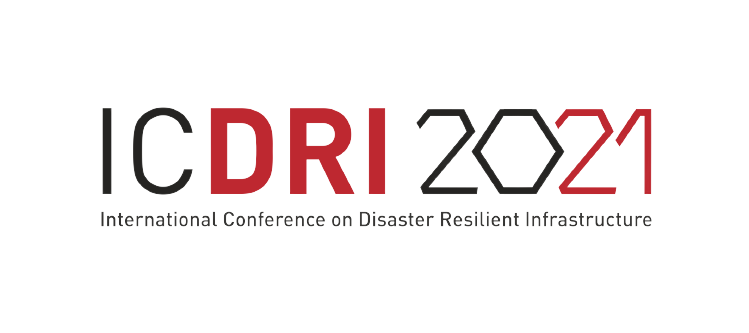Urban Resilience
Day 2, 18 March 2021, 1730–1845 IST
Session Overview:
Since 2020, all urban systems have been put to an unprecedented stress test. The triple effects of the COVID-19 pandemic on health, economic development and education, along with the increasingly visible effects of climate change force us to rethink urban planning and resilience. Governments are forced to reprioritize budgets. Cities have to reprioritize and balance access to vital urban services.
Traditionally, transition management defines crises as ‘windows of opportunity’ in which change is possible. However, recent studies have shown that disasters have not led to lasting policy change1. The past year exemplifies why risk-informed and adaptive urban planning should be given paramount importance. But while the need to plan for long-term climate and disaster resilience is widely acknowledged, it is far less clear how we can respond to disruptive changes like a pandemic, while continuing to pursue these long-term goals.
Urbanization and the extraordinary levels of investments for reliable infrastructure present opportunities as well as challenges. While integrated infrastructure systems can exploit economies of scale and pave the way for long-term sustainability, these systems will also be exposed to a range of hazards—particularly hydrometeorological hazards—that are becoming increasingly hard to predict. If investments in infrastructure development are not mindful of the impacts of future hazards, they can lock-in risks that could challenge the functioning of urban environments and have long-term socio-economic consequences.
Global initiatives such as the Global Resilient Cities Network, GIZ’s Climate Smart Cities, UNDRR’s ‘Making Cities Resilient’ and the C40 Cities Climate Action Framework are working towards mainstreaming resilience in urbanization. A variety of approaches including nature-based solutions, adaptive urban planning, real-time monitoring, green-blue infrastructure and improved programmes for maintenance of infrastructure have been implemented.
As plans begin for the next generation of urban infrastructure systems, ICDRI’s technical forum on urban resilience will focus on ‘understanding and responding to change’. It will set the stage for reflection on the processes and instruments of risk-informed urban planning and the role it could play in integrating resilience in short- and long-term infrastructure decisions.
The session will analyze how resilience can be factored into the conceptualization, planning, regulation, and management of infrastructure in the context of the overall urban plan. The discussions could potentially elaborate on the following points using specific city cases:
1. On setting out long-term resilience objectives in the face of dynamic disruptions.
- What are the emerging risks from COVID-19 that are compounding the urban resilience problem?
2. The role of systematic changes in frameworks, standards and regulations.
- Changes and proposed improvements in procedural frameworks to usher in a more dynamic, long-term thinking in infrastructure and urban planning (e.g., land use regulations, timeframes for making plans, knowledge gaps, infrastructure lifecycles, etc.)
3. Planning for unknowns.
- How is the planning ecosystem equipped to handle risks? (Managing newer insights and projections of development, risks, etc)
Speakers
Partner Organization








